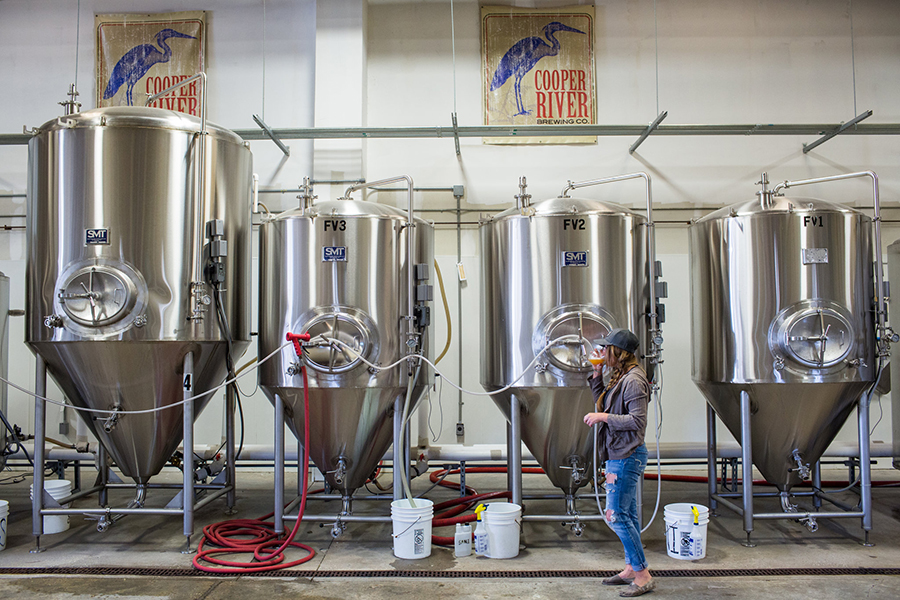
-
 Afrikaans
Afrikaans -
 Albanian
Albanian -
 Amharic
Amharic -
 Arabic
Arabic -
 Armenian
Armenian -
 Azerbaijani
Azerbaijani -
 Basque
Basque -
 Belarusian
Belarusian -
 Bengali
Bengali -
 Bosnian
Bosnian -
 Bulgarian
Bulgarian -
 Catalan
Catalan -
 Cebuano
Cebuano -
 Corsican
Corsican -
 Croatian
Croatian -
 Czech
Czech -
 Danish
Danish -
 Dutch
Dutch -
 English
English -
 Esperanto
Esperanto -
 Estonian
Estonian -
 Finnish
Finnish -
 French
French -
 Frisian
Frisian -
 Galician
Galician -
 Georgian
Georgian -
 German
German -
 Greek
Greek -
 Gujarati
Gujarati -
 Haitian Creole
Haitian Creole -
 hausa
hausa -
 hawaiian
hawaiian -
 Hebrew
Hebrew -
 Hindi
Hindi -
 Miao
Miao -
 Hungarian
Hungarian -
 Icelandic
Icelandic -
 igbo
igbo -
 Indonesian
Indonesian -
 irish
irish -
 Italian
Italian -
 Japanese
Japanese -
 Javanese
Javanese -
 Kannada
Kannada -
 kazakh
kazakh -
 Khmer
Khmer -
 Rwandese
Rwandese -
 Korean
Korean -
 Kurdish
Kurdish -
 Kyrgyz
Kyrgyz -
 Lao
Lao -
 Latin
Latin -
 Latvian
Latvian -
 Lithuanian
Lithuanian -
 Luxembourgish
Luxembourgish -
 Macedonian
Macedonian -
 Malgashi
Malgashi -
 Malay
Malay -
 Malayalam
Malayalam -
 Maltese
Maltese -
 Maori
Maori -
 Marathi
Marathi -
 Mongolian
Mongolian -
 Myanmar
Myanmar -
 Nepali
Nepali -
 Norwegian
Norwegian -
 Norwegian
Norwegian -
 Occitan
Occitan -
 Pashto
Pashto -
 Persian
Persian -
 Polish
Polish -
 Portuguese
Portuguese -
 Punjabi
Punjabi -
 Romanian
Romanian -
 Russian
Russian -
 Samoan
Samoan -
 Scottish Gaelic
Scottish Gaelic -
 Serbian
Serbian -
 Sesotho
Sesotho -
 Shona
Shona -
 Sindhi
Sindhi -
 Sinhala
Sinhala -
 Slovak
Slovak -
 Slovenian
Slovenian -
 Somali
Somali -
 Spanish
Spanish -
 Sundanese
Sundanese -
 Swahili
Swahili -
 Swedish
Swedish -
 Tagalog
Tagalog -
 Tajik
Tajik -
 Tamil
Tamil -
 Tatar
Tatar -
 Telugu
Telugu -
 Thai
Thai -
 Turkish
Turkish -
 Turkmen
Turkmen -
 Ukrainian
Ukrainian -
 Urdu
Urdu -
 Uighur
Uighur -
 Uzbek
Uzbek -
 Vietnamese
Vietnamese -
 Welsh
Welsh -
 Bantu
Bantu -
 Yiddish
Yiddish -
 Yoruba
Yoruba -
 Zulu
Zulu
Innovative Techniques in Steel Thread Rolling Machine Design and Application for Enhanced Manufacturing Efficiency
Steel Thread Rolling Machine Revolutionizing Fastener Production
In the world of manufacturing, the efficiency and quality of production processes are vital for the sustainability of businesses. Among the various technologies available to enhance production capabilities, the steel thread rolling machine stands out as a key player in the fastener production industry. This innovative machinery has transformed how manufacturers create threaded components, offering superior precision, reduced waste, and improved production rates.
Understanding the Steel Thread Rolling Process
Thread rolling is a cold forming process that utilizes high-pressure rollers to form threads on a pre-cut steel blank. Unlike traditional cutting methods, which remove material to create threads, thread rolling displaces the material, resulting in a stronger final product thanks to the enhanced grain structure. This process is particularly advantageous for producing high-strength fasteners, which are critical in automotive, aerospace, and construction applications.
The steel thread rolling machine operates in several stages. Initially, a steel rod or blank is fed into the machine. The rollers, designed with the specific thread profile desired, exert immense pressure on the blank as it passes through. This action compresses the steel and forms the threads, creating a finished product that is both durable and efficient. Modern machines are equipped with advanced hydraulic systems that allow for quick adjustments and settings, accommodating a range of component sizes and thread types.
Advantages of Using Steel Thread Rolling Machines
One of the primary benefits of using a thread rolling machine is the significant reduction in production waste. Since the process involves the displacement of material rather than removal, manufacturers can achieve higher yields from the same amount of raw material. This efficiency translates not only to cost savings but also to a more environmentally friendly production process.
steel thread rolling machine

Moreover, the mechanical properties of rolled threads are superior to those of cut threads. The cold-forming process increases the strength of the material, which is especially beneficial in high-stress applications. Additionally, the smooth surface finish achieved through thread rolling reduces friction, making these components ideal for precision applications.
Speed is another fundamental advantage. Thread rolling machines can operate at high speeds, allowing for large volumes of threaded components to be produced in a short period. This capability is essential for meeting the ever-increasing demand in various industries, where timely delivery of products is crucial for maintaining competitive advantage.
Technological Advancements in Thread Rolling Machines
The steel thread rolling machine has seen significant advancements due to the integration of smart technology and automation. Modern machines are often equipped with computer numerical control (CNC) systems, allowing for precise adjustments and repeatability in thread production. This technology can monitor parameters in real-time, ensuring that the production process remains within specified tolerances.
Additionally, the use of advanced materials and coatings in roller design has improved the durability and lifespan of these machines. Manufacturers are increasingly looking for ways to enhance performance while minimizing maintenance costs, leading to the development of machines that can operate efficiently under extreme conditions.
Conclusion
The steel thread rolling machine represents a crucial innovation in the fastener production sector. By improving efficiency, reducing waste, and enhancing the mechanical properties of threaded components, this technology plays a vital role in meeting the demands of modern manufacturing. As industries continue to evolve, the adoption of advanced thread rolling machines will undoubtedly become more widespread, reinforcing their position as essential tools in the quest for high-quality, cost-effective production solutions. Whether in automotive, aerospace, or construction, steel thread rolling machines are paving the way for the future of fastener manufacturing.
